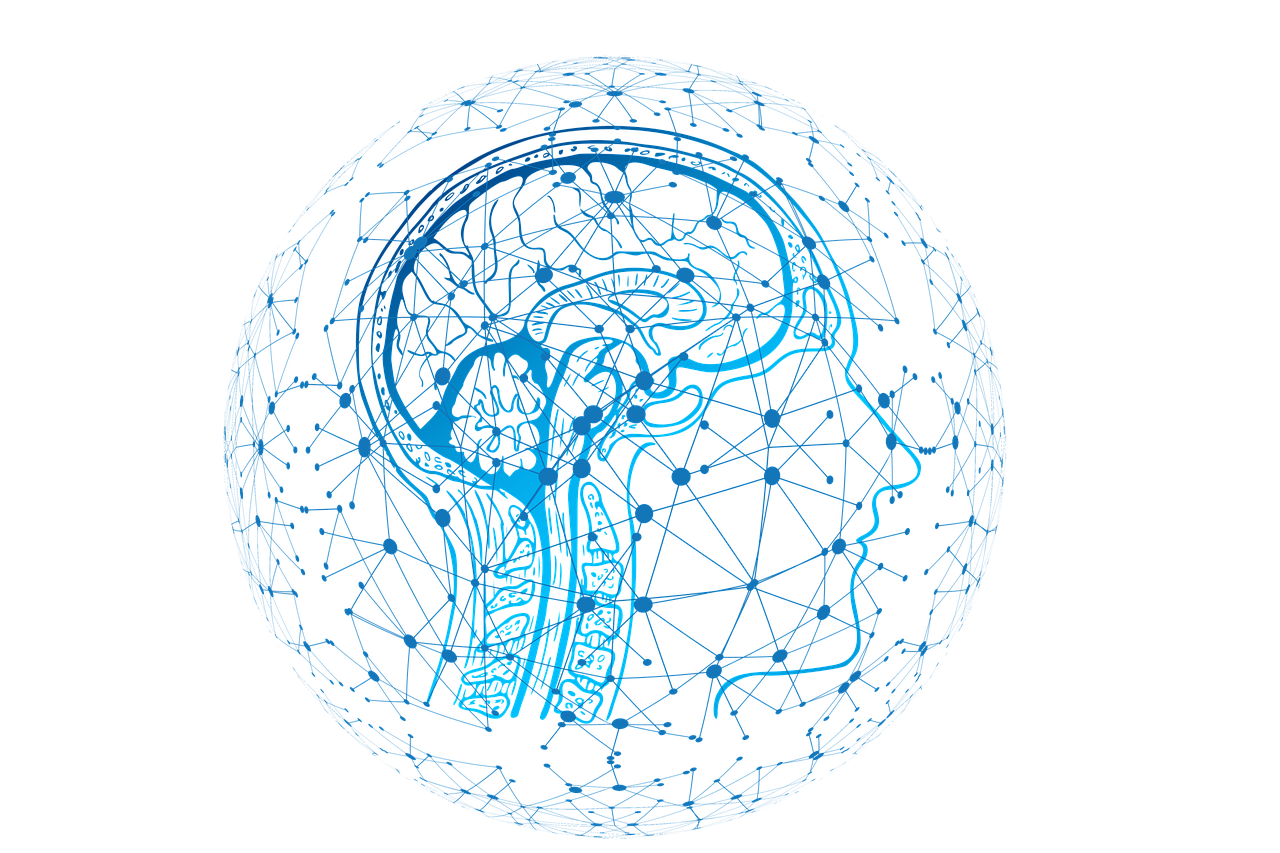What is Artificial Intelligence?
Artificial intelligence (AI) is a rapidly growing and highly influential field that encompasses various sub-fields, such as machine learning and deep learning, and has a wide range of applications. This article aims to provide a comprehensive understanding of AI, including its history, definitions, categories, applications, and the importance of ethics within the field.
A Brief History of Artificial Intelligence
The concept of AI has been around for decades, with its origins often traced back to the pioneering work of Alan Turing, the “father of computer science.” In 1950, Turing published “Computing Machinery and Intelligence” (PDF, 92 KB), which posed the question, “Can machines think?” This paper introduced the “Turing Test,” a method for determining whether a computer can imitate human responses convincingly.
John McCarthy later contributed to defining AI in his 2004 paper (PDF, 127 KB), describing it as “the science and engineering of making intelligent machines, especially intelligent computer programs.” McCarthy emphasized that AI need not be limited to methods that mimic human intelligence.
Further advancements in the understanding of AI came with the publication of Artificial Intelligence: A Modern Approach by Stuart Russell and Peter Norvig, which has become a leading textbook in AI studies. This book presents four potential goals or definitions of AI, differentiating computer systems based on rationality and thinking versus acting:
- Human approach:
- Systems that think like humans
- Systems that act like humans
- Ideal approach:
- Systems that think rationally
- Systems that act rationally
Turing’s definition of AI falls under the category of “systems that act like humans.”
Diving into AI Definitions
At its core, AI is a field that combines computer science and robust datasets to enable problem-solving. Machine learning and deep learning are two sub-fields of AI that involve the development of algorithms that create expert systems capable of making predictions or classifications based on input data.
Machine Learning
Machine learning is a subset of AI that focuses on the development of algorithms and models that enable computers to learn from and make predictions or decisions based on input data. Instead of being explicitly programmed to perform specific tasks, machine learning models “learn” from data, refining their performance over time.
Deep Learning
Deep learning is a more advanced form of machine learning that relies on artificial neural networks to mimic the human brain’s learning process. By processing large amounts of data through multiple layers of interconnected nodes, deep learning models can automatically learn to recognize patterns and make decisions.
The Four Categories of AI
AI systems can be classified into four categories based on their ability to perform tasks and their complexity:
- Reactive machines
- Limited memory
- Theory of mind
- Self-awareness
Reactive Machines
Reactive machines are the most basic form of AI, capable of perceiving and reacting to the world in front of them without the ability to store memories or learn from past experiences. These machines are designed for specific, limited tasks and offer consistent, reliable performance.
Examples of reactive machines include:
- Deep Blue, an IBM-developed chess-playing supercomputer that defeated grandmaster Garry Kasparov in the 1990s.
- Google’s AlphaGo, which relies on a neural network to evaluate game developments and defeated champion Go player Lee Sedol in 2016.
Limited Memory
Limited memory AI systems can store previous data and predictions, allowing them to learn from past experiences and make more informed decisions. These systems are more complex and versatile than reactive machines, offering greater potential for a variety of applications.
The development of limited memory AI involves training models to analyze and utilize new data or creating AI environments where models can be automatically trained and updated.
Theory of Mind
Theory of mind AI is a theoretical concept that has not yet been realized. It involves AI systems that can comprehend and process the thoughts, emotions, and decision-making processes of humans, animals, and other machines. Such systems would be capable of understanding and applying psychological concepts in real-time, creating a two-way relationship between people and AI.
Self-Awareness
Self-aware AI, which would possess human-level consciousness and an understanding of its own existence, represents the ultimate goal in AI development. This type of AI would be able to comprehend the needs and emotions of others, not just through explicit communication but also by interpreting subtle cues.
Achieving self-aware AI requires a deep understanding of consciousness and the ability to replicate it within machines.
AI Applications: From Everyday Use to Cutting-Edge Innovation
AI technology takes various forms and has numerous applications, from chatbots and navigation apps to wearable fitness trackers and self-driving cars. The following examples demonstrate the breadth of potential AI applications:
ChatGPT
ChatGPT is an AI chatbot developed by OpenAI that can generate written content in various formats, from essays to code and simple answers to questions. Powered by a large language model, ChatGPT closely emulates human writing.
Google Maps
Google Maps employs AI to analyze location data from smartphones and user-reported information on factors like traffic and construction to determine the quickest route for users.
Smart Assistants
Smart assistants like Siri, Alexa, and Cortana use natural language processing (NLP) to understand user instructions and perform tasks such as setting reminders, searching for information online, and controlling smart home devices.
Snapchat Filters
Snapchat filters employ machine learning algorithms to differentiate between a subject and its background, track facial movements, and adjust the on-screen image based on the user’s actions.
Self-Driving Cars
Self-driving cars rely on deep learning and neural networks to detect objects, determine distances, identify traffic signals, and more.
Wearables
Wearable devices in the healthcare industry use deep learning to monitor patients’ health, including blood sugar levels, blood pressure, and heart rate. These devices can also identify patterns in past medical data to predict future health conditions.
MuZero
MuZero, a computer program created by DeepMind, has shown promise in achieving true artificial general intelligence. It has mastered games it has not been taught, including chess and a suite of Atari games, by playing them millions of times through brute force.
The Importance of Ethics in AI
As AI becomes increasingly integrated into daily life and business, discussions around ethics become crucial. Companies like IBM have taken a strong stance on AI ethics, recognizing the need for responsible development and use of AI technologies.
Key ethical considerations in AI include:
- Ensuring fairness and avoiding bias in AI systems
- Maintaining transparency in AI development and decision-making processes
- Ensuring user privacy and data security
- Implementing AI solutions that are accountable and subject to human oversight
By addressing these ethical concerns, AI developers and users can ensure that AI technologies are used responsibly and to the benefit of all.
Conclusion
Artificial intelligence is a vast and rapidly evolving field with a rich history and a promising future. From its early beginnings with Turing’s work to the cutting-edge innovations of today, AI continues to transform the way we live, work, and interact with technology. As we strive to develop more advanced AI systems, it is crucial to consider the ethical implications and ensure responsible progress. With a solid understanding of AI’s definitions, categories, and applications, we can better appreciate its potential and work towards harnessing its power for the greater good.

